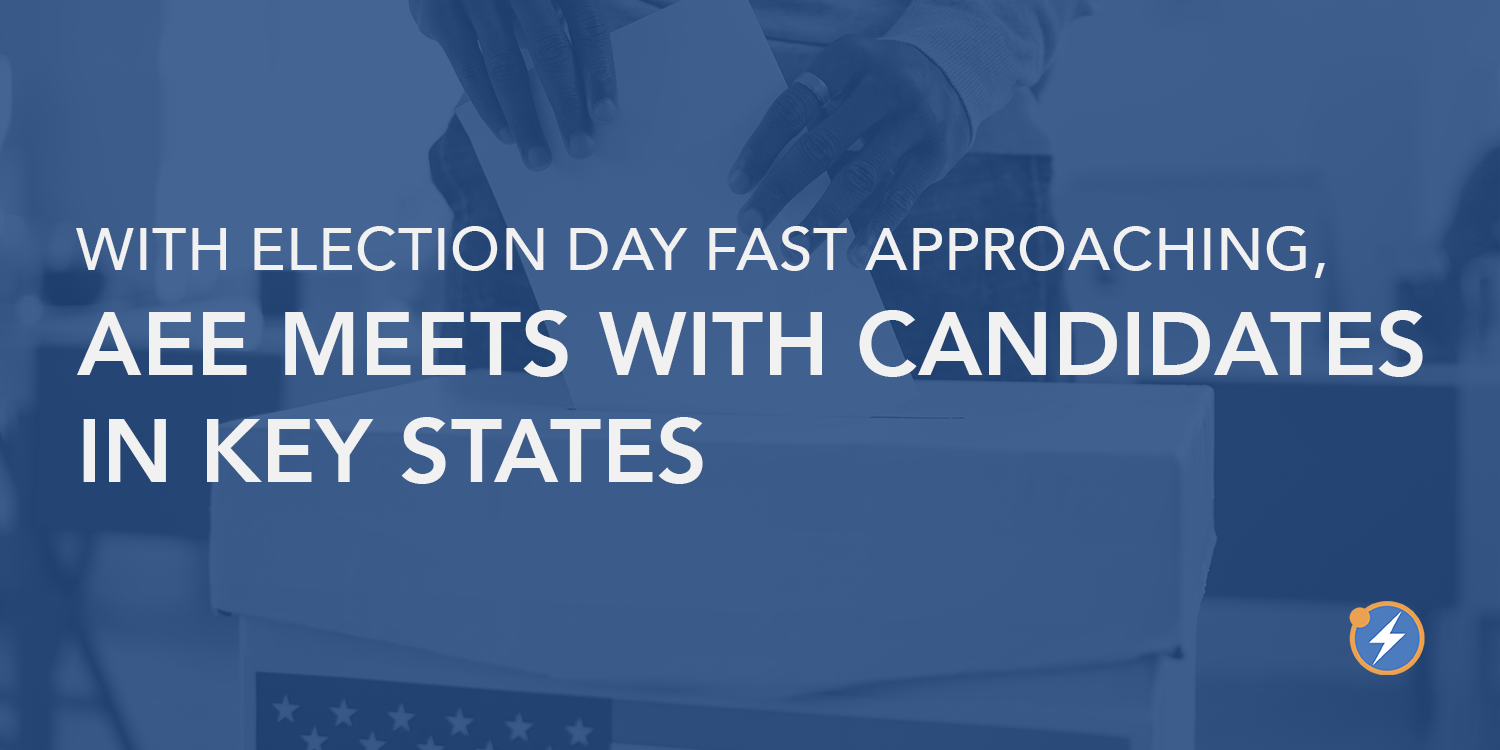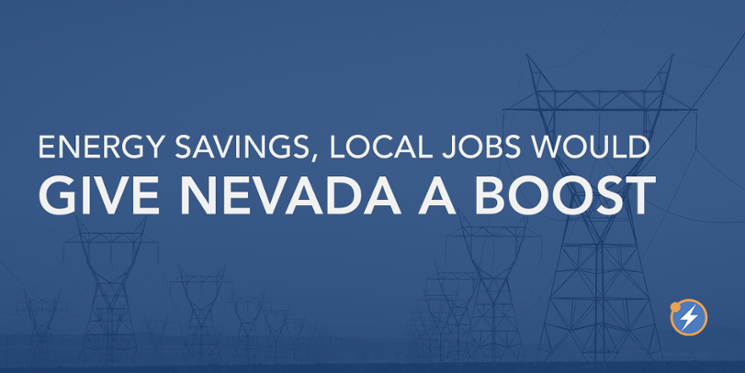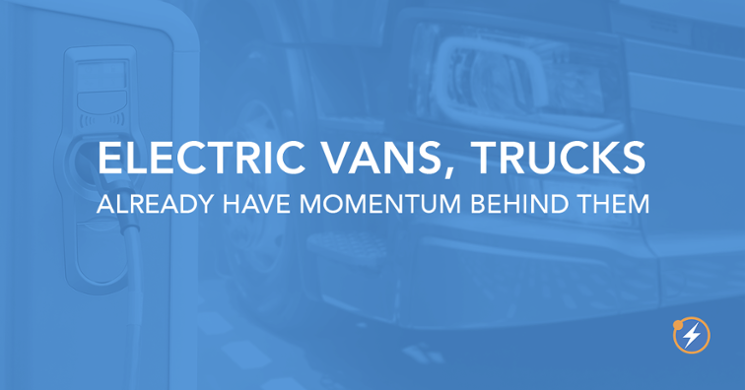
While much attention is focused on key Congressional races as we head into Election Day, the outcomes of contests for governor and state legislative seats could be just as consequential for the clean energy industry—if not more so. To ensure state policies help advanced energy and transportation make the necessary strides needed for the U.S. to reach net zero, AEE met with more than 130 candidates in key races to emphasize the value of clean energy.
Read More
Topics:
State Policy,
Texas,
Arizona,
Decision Maker Engagement,
Indiana,
California,
Nevada,
New York,
New Mexico,
Michigan,
Florida

For the second time this year, Nevada’s energy leaders are convening to discuss the future of Nevada’s transmission system. Born from bipartisan (and AEE-supported) Senate Bill 448 (2021), the Regional Transmission Coordination (RTC) Task Force is charged with studying issues and policies related to transmission development and regional electricity markets for the Silver State. At the meeting today, the Task Force will hear about several competing efforts to create a more efficient and affordable western grid. There will be presentations from the California Independent System Operator, the Southwest Power Pool, and the Western Power Pool – each vying for Nevada’s attention and consideration. And while the exact contours of the West’s “Grid of the Future” remain to be determined, the benefits of a west-wide power system are becoming increasingly clear.
Read More
Topics:
State Policy,
Wholesale Markets,
Economic Impact,
Transmission,
Nevada,
Western RTO

As the West deals with a record-setting heat wave that is fueling catastrophic droughts and wildfires and is testing the limits of America's aging power grid, our team at AEE is focused on how we can improve grid resilience and connect more clean energy by establishing a regional transmission organization (RTO) to operate the power grid for Western states. Now, we can say with certainty just what the West would gain in savings, jobs, and economic growth - and it’s a lot.
Read More
Topics:
Wholesale Markets,
Arizona,
Economic Impact,
California,
Nevada,
Montana,
Utah,
Wyoming,
Idaho,
Western RTO,
Oregon,
Washington,
New Mexico

With 2022 more than halfway through, AEE returns with the latest edition of its biennial top utility regulatory trends roundup. Utility regulatory commissions across the country have been off to a busy start, navigating supply chain hurdles, inflationary pressures, extreme weather events, and the accelerated adoption of clean energy technologies. With PowerSuite, AEE’s policy tracking platform, we cut through the noise to provide insights on the trends shaping utility regulation this year and in years to come.
Note: some links in this post reference PUC filings and other documents in AEE's software platform, PowerSuite. Click here and sign up for a free trial. PowerSuite – policy tracking by policy professionals.
Read More
Topics:
State Policy,
Utility,
Regulatory,
Advanced Transportation,
Pennsylvania,
Decision Maker Engagement,
California,
Nevada,
North Dakota,
Vermont,
Oregon,
Minnesota,
North Carolina,
South Carolina,
New York,
Michigan

If transportation electrification is a puzzle, Governor Sisolak just put another critical piece in place. Last Thursday, he announced that Nevada would be joining a multi-state memorandum of understanding (MOU) that commits the Silver State to collaborating with 16 other states, the District of Columbia, and the Province of Quebec, to accelerate the market for zero-emission medium- and heavy-duty vehicles. The goal of the MOU is to ensure that 30% of all in-state sales of trucks, buses, and vans are zero-emission by 2030, and 100% by 2050. Now representing nearly 40% of the U.S. population, the consortium of states will be a powerful market mover in a space that’s already got plenty of momentum behind it.
Read More
Topics:
State Policy,
Advanced Transportation,
Nevada




